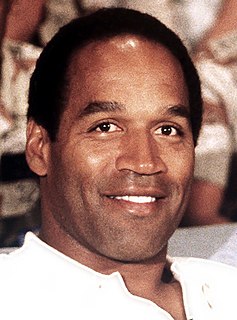A Quote by Norman Vincent Peale
Related Quotes
Why so many mentions regarding Jesus from such a wide variety of sources (Pliny, Tacitus, Lucian, Josephus, to name a few)? Because Jesus of Nazareth was a man of history, who made a profound impact on history. There's no good reason to doubt that Jesus existed, or to think the real Jesus was completely different from the one depicted in the Story.
The unique impression of Jesus upon mankind - whose name is not so much written as ploughed into the history of the world - is proof of the subtle virtue of this infusion. Jesus belonged to the race of prophets. He saw with open eyes the mystery of the soul. One man was true to what is in you and me. He, as I think, is the only soul in history who has appreciated the worth of man.
The introduction of the Christian religion into the world has produced an incalculable change in history. There had previously been only a history of nations--there is now a history of mankind; and the idea of an education of human nature as a whole.--an education the work of Jesus Christ Himself--is become like a compass for the historian, the key of history, and the hope of nations.
So these liberals say historical research can't possibly discover the Jesus of faith, because the Jesus of faith is not rooted in history. He's merely a symbol. But listen: Jesus is not a symbol of anything unless he's rooted in history. The Nicene Creed doesn't say, "We wish these things were true." It says, "Jesus Christ was crucified under Pontius Pilate, and the third day he rose again from the dead,' and it goes on from there.
I don't believe in reincarnation because there's an expert on this question, and he's Jesus of Nazareth. He's the only person in history who died, rose from the dead, and spoke authoritatively on this question. And Jesus says reincarnation doesn't happen. He says that there's only one death and after that comes the judgment.
It is quite likely ... that the central figure of the gospels is not based on any historical individual. Put simply, not only is the theological "Christ of faith" a synthetic construct of theologians, a symbolic "Uncle Sam" figure, but if you could travel ... back to First-Century Nazareth, you would not find a Jesus living there.
In his own lifetime Jesus made no impact on history. This is something that I cannot but regard as a special dispensation on God's part, and, I like to think, yet another example of the ironical humour which informs so many of His purposes. To me, it seems highly appropriate that the most important figure in all history should thus escape the notice of memoirists, diarists, commentators, all the tribe of chroniclers who even then existed
The family endures because it offers the truth of mortality and immortality within the same group. The family endures because, better than the commune, kibbutz, or classroom, it seems to individualize and socialize its children, to make us feel at the same time unique and yet joined to all humanity, accepted as is and yet challenged to grow, loved unconditionally and yet propelled by greater expectations. Only in the family can so many extremes be reconciled and synthesized. Only in the family do we have a lifetime in which to do it.






































